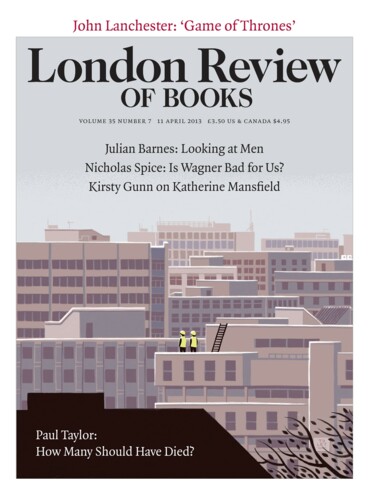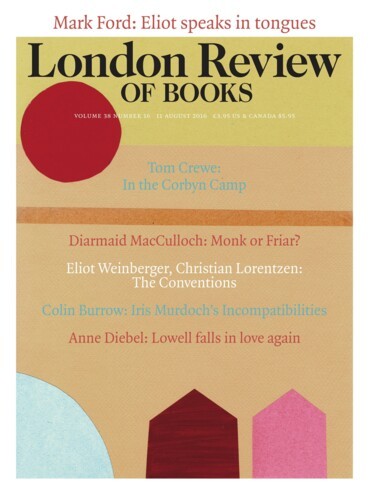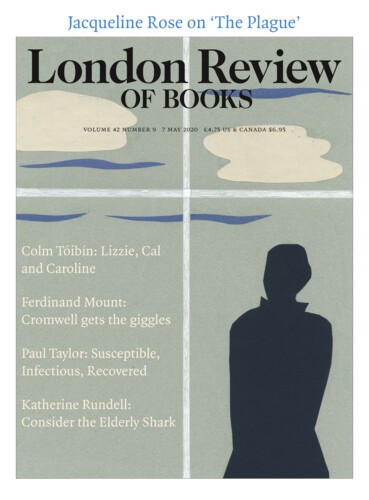The argument between mitigation and suppression now seems to have been settled in favour of the latter. But when the lockdown ends, a calculation will still have to be made about the relative merits of unappealing alternatives. The poor public understanding of mortality rates won’t make this any easier. The situation isn’t helped by the fact that two very different numbers are reported: daily totals of confirmed cases who died in hospital and weekly totals of later registrations, including many, perhaps 18 per cent of the total, who died outside hospital. The reporting of the epidemic also fails to place deaths from the virus in the context of normal mortality rates. When you read the daily updates of the number of hospital deaths, you aren’t reminded that last year, in England, an average of 1360 people died every day, a total of 496,354 for the year. In London right now, the death rate is way above normal, but for the UK as a whole the number of deaths in March 2020 was lower than in the same month last year.
The government is now keen to claim it was never prepared to tolerate high levels of infection in order to achieve herd immunity, but while it was defending the mitigation strategy it was prepared to argue that the problem with suppression was that it couldn’t go on for ever and when the lockdown was lifted, the epidemic would return. That remains a strong possibility.





